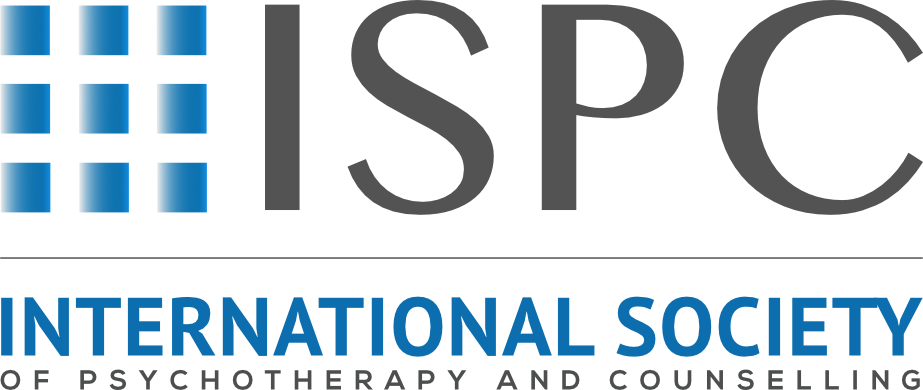Navigating the Storm:
The UK has been wrestling with a tempest of rising costs and economic uncertainty in recent years. While inflation rates may have dipped from their 2022 peak, the cumulative impact of these pressures continues to reverberate through households across the nation. This constant strain on finances is not simply an economic concern; it profoundly impacts the well-being of individuals and communities, casting a long shadow over mental health and access to vital support services.
This blog post will delve into the intertwined realities of the cost of living crisis and its effect on mental well-being in the UK. We’ll explore the prevalence of financial anxiety, examine the challenges people face in accessing mental health support amidst rising costs, and highlight the availability of both paid and free resources for counselling and therapy. The aim is to provide a comprehensive, fact-based understanding of the current landscape and empower individuals with information on how to navigate these challenges.

The Cost of Living Crisis: More Than Just Numbers
Between 2021 and 2022, the UK witnessed a dramatic surge in the cost of living, with inflation soaring to 11.1% in October 2022. While the rate has since eased to 2.0% in May 2024, the lasting effects are undeniable. Everyday essentials like food, utilities, and housing have become significantly more expensive, impacting household budgets and exacerbating existing financial vulnerabilities. Research from November 2023 indicated that nearly a third of adults (31%) reported feeling anxious due to their financial situation, with a quarter (27%) experiencing stress and almost one in ten (9%) feeling hopeless. These figures underscore the pervasive psychological toll of economic hardship, which is particularly acute for lower-income households and vulnerable groups.
This financial pressure, alongside the lingering anxieties from the COVID-19 pandemic and the aftermath of Brexit, has created a fertile ground for heightened anxiety, frustration, and feelings of being overwhelmed for many individuals. Young people, who may not fully grasp the intricacies of inflation and interest rate hikes, are also experiencing the emotional and physical consequences of shrinking disposable incomes within their households.
The Ripple Effect: Financial Strain on Mental Health
The link between financial difficulties and mental ill-health is well-established. When individuals are constantly worried about making ends meet, affording basic necessities, or facing job insecurity, it can trigger a cascade of negative mental health outcomes. Stress, anxiety, and depression can become chronic companions, leading to further difficulties in managing daily life and seeking help. The inability to access quality food or adequate housing can impact physical health, which in turn can exacerbate mental health conditions. The cyclical nature of these challenges can create a daunting struggle for many, making it incredibly difficult to break free without proper support.
One of the cruel ironies of the cost of living crisis is that the very financial strain that impacts mental health can simultaneously create barriers to accessing mental health support. Longer waiting times for public services, coupled with the increasing cost of private therapy, can leave individuals feeling trapped and unable to access the help they desperately need.

Counselling Fees in the UK: A Varied Landscape
For those seeking professional counselling or therapy, the cost can be a significant hurdle. In the UK, the average cost of private counselling sessions typically ranges from £50 to £150 per session, with each session usually lasting around 50 minutes. This fee can be influenced by several factors:
- Therapist’s Experience and Qualifications: Highly experienced and specialised therapists often charge higher fees.
- Location: Fees tend to be higher in metropolitan areas like London due to higher operating costs.
- Type of Therapy: Certain specialised therapies may also come with higher price tags.
While private therapy offers greater flexibility and shorter waiting times, the cost can be prohibitive for many individuals struggling financially. This raises crucial questions about equitable access to mental health support and the potential for a two-tiered system where only those with the financial means can afford prompt, high-quality care.
Navigating the Challenges: Finding Affordable Support
Despite the financial pressures, there are avenues for accessing mental health support at a lower cost or even free of charge. It’s essential to be aware of these options to ensure that financial hardship does not become an insurmountable barrier to seeking help:
- Charitable Organisations: Many charities, such as MIND and Headstrong, offer counselling services at significantly reduced rates, with some sessions costing as little as £15 to £25. These organisations play a vital role in bridging the gap in access to affordable mental healthcare.
- Online Therapy Platforms: The rise of online therapy has made mental health support more accessible and, in some cases, more affordable. Some platforms offer weekly sessions starting around £31.5. These platforms provide greater flexibility and anonymity, which can be beneficial for individuals who feel uncomfortable seeking face-to-face support.
- NHS Services: While NHS mental health services may involve longer waiting times, they are free at the point of use and provide a valuable resource for many. Speaking to a GP is often the first step in accessing these services.
- University Counselling Services: Students enrolled in universities can often access free or heavily subsidised counselling services through their institutions.
These examples illustrate that, while the cost of living may create significant barriers, alternatives exist for those seeking support. It is crucial to explore these options and advocate for increased funding and resources for accessible mental health services across the UK.
Government Support and the Road Ahead
The UK government has implemented various measures to address the cost of living crisis, including direct payments to low-income households and benefit recipients. However, these Cost of Living Payments ended in spring 2024, leaving many individuals concerned about the future. Exploring other potential avenues of support, such as the Household Support Fund, Winter Fuel Payment, and the Warm Home Discount scheme, may still offer some relief to those facing hardship.
The cost of living crisis highlights the urgent need for a holistic approach to address both economic and mental health challenges. This includes implementing policies that safeguard vulnerable populations, investing in accessible mental health services, and fostering greater awareness of the link between financial hardship and emotional well-being.

Finally: Prioritising Well-being in Challenging Times
The escalating cost of living in the UK has undoubtedly created a complex and challenging environment, impacting individuals’ mental and emotional health. The financial strain can lead to increased anxiety, stress, and difficulties in accessing vital support services like counselling. However, it is imperative to remember that support is available through various avenues, including charitable organisations, online platforms, and the NHS.
By understanding the costs, exploring available resources, and advocating for policies that prioritize both economic stability and mental well-being, individuals can better navigate these turbulent times. It is a collective responsibility to ensure that mental health support remains accessible to all, regardless of their financial circumstances.
Some other interesting links you may find useful:
https://www.gov.uk/guidance/cost-of-living-payment
https://www.citizensadvice.org.uk/debt-and-money/cost-of-living/get-help-with-the-cost-of-living
https://www.nhs.uk/mental-health
We encourage all ISPC members to consider contributing to ISPC News and sharing their unique perspectives and insights. Your contributions help build a valuable resource for the therapy and counselling community.
And lastly, we appreciate those that have already come forward with their ideas and writings, we are uploading these blogs over the next few weeks and months.
Kindest Regards
ISPC Team









